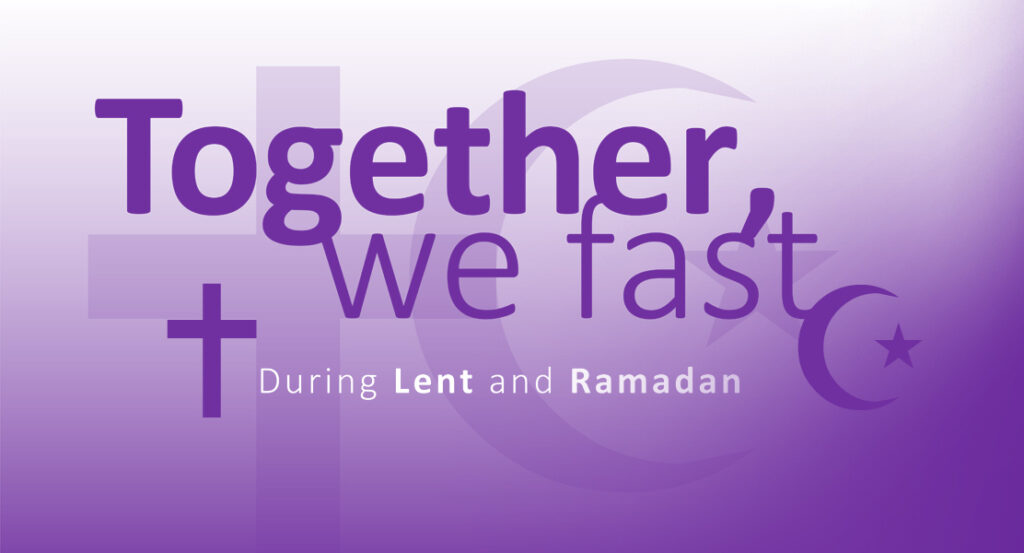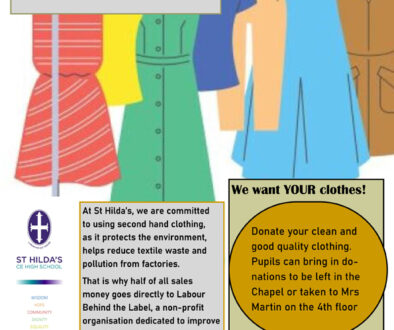Together, we fast – during Lent and Ramadan
Lent
The season of 40 days of sincerity and preparation for the joys of Easter.
Lent starts on Ash Wednesday (March 2th) and ends on Easter Sunday (April 17th).
Matthew 4:1-11 tells us that Jesus spent forty days fasting in the wilderness and afterwards “he was starving.” So, one of the traditional practices of Lent is fasting.
Christian fasting isn’t the same thing as dieting, or going on a hunger strike, or punishing our bodies, or fasting for a medical procedure. Christian fasting is intentionally withholding something we’d normally partake in (usually food) for the purpose of creating space in our lives and withdrawing our reliance on earthly things so that we can feast on God’s presence and power.
If you’ve never practiced fasting before, an easy way into the practice is to engage in a partial fast. A partial fast can involve food and drink, or certain habits. Sundays are “feast days,” which means you don’t practice your fast on Sundays. (The entire season of Lent is actually 46 days long: 40 days of fasting and 6 Sundays of feasting!) However, if you decide to fast during Lent, approach it as an experiment in grace. Celebrate God’s presence as you fast and look for God’s grace to meet you.
Ramadan
Why is Ramadan so important to Muslims?
- One of the 5 pillars of Islam
- Holiest month of the year
- Remove focus from life’s pleasures
- Focus on God & improve spiritual connection
- Empathise with the less fortunate.
- Increase acts of charity.
- The month that the revelation of the Quran took place.
How can I help and respect my Muslim friends during Ramadan?
- Wish your Muslim friends ‘Ramadan Kareem’ or ‘Ramadan Mubarak’.
- Listen to music quietly (Muslims abstain from listening to music during Ramadan to avoid explicit lyrics/language).
- Abstain from eating in front of them.
- Be careful with the language you use on social networking sites like Facebook and Twitter.
- If you are invited round to open the fast with them, accept the invite!
NOT EVEN WATER?!
Many people across the world do not have access to adequate, clean water. By placing ourselves in their situation we build a greater, more sincere appreciation for all of life’s gifts bestowed
upon us (ESPECIALLY WATER!)




